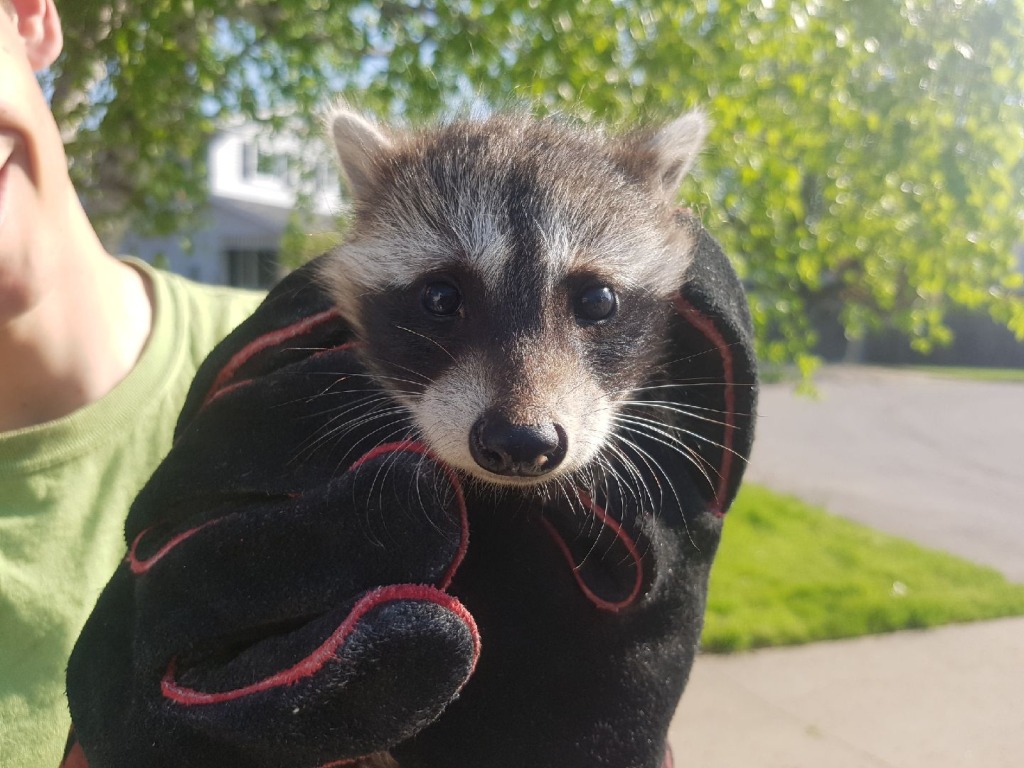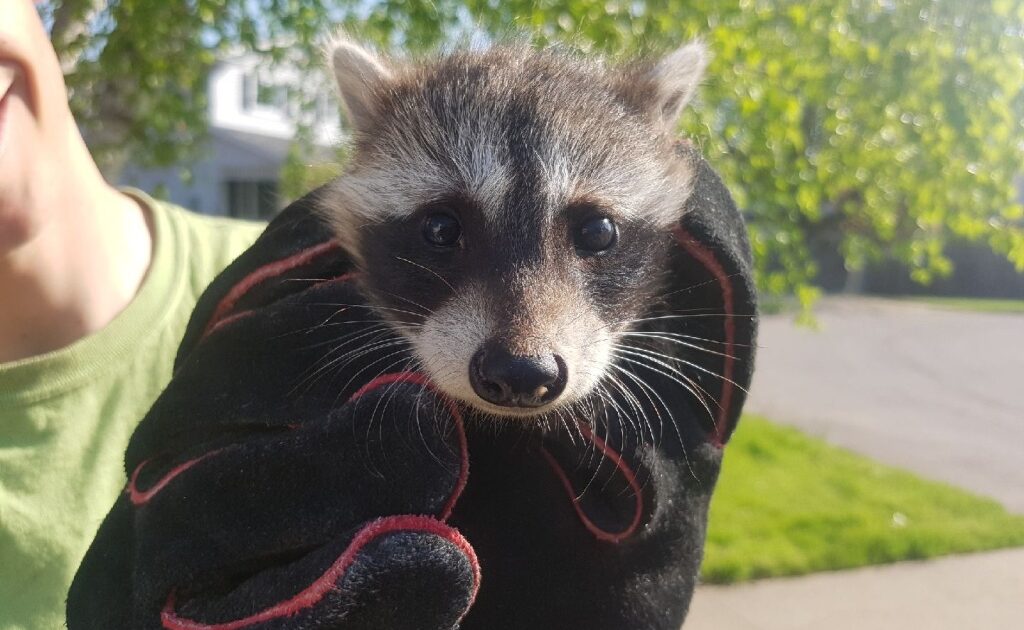Popular culture depicts raccoons as friendly, clever animals, prone to mischievous funny acts. In cartoons and comic books, raccoons are often shown to be able to cause homeowners a decent amount of hassle, since they find interesting ways to hide and escape captivity. You may be surprised to learn that this is closer to the truth than you think. There’s more to a raccoon’s behavior than simple instinct and their intelligence allows them to understand many things about their environment and adapt in order to survive. Although we do not recommend this, raccoons are also known to be very good pets, if provided enough attention and cared from their earliest age. Orphaned raccoons that are saved after losing their mothers have been known to become loved family members. We’re taking a closer look at raccoons to see just how smart they can be.
How Smart are Raccoons?
Raccoons are quite the intelligent little critters that possess a similar brain power to that of human toddlers. This is one of the reasons why they were popular science research subjects in the early 20th century, providing valuable information. Their intelligence was also the reason that the use of them as research subjects ceased as they showed quite a talent for escaping their cages.
Raccoons have a very good memory, which scientists determined to be better than dogs. Some raccoons are known to be able to get out of cages, socialize, and adapt to living with humans. Domesticated raccoons can even become friendly with children and other animals, and adapt to living with people quite easily if they are taken in at an early age, again this it not something we recommend.
While raccoons can adapt well to living with humans, it’s more of an exception than a rule. Some of these animals can have a temper and never really lose their feral ways.
Young teenage raccoon in our heated baby box.Reasons You Shouldn’t Keep Raccoons as a Pet
Whether or not a raccoon will make a good pet depends largely on its individual temper and whether or not the animal grew up among people, or it had been brought in from the wild. Not all raccoons can be successfully domesticated. While some raccoons become beloved friends and family members, others grow up to be aggressive and cunning, damaging the household and harming the family. Though intelligent beyond what most people realize, raccoons should still be considered wild if you notice their presence in your home. Trying to keep them or domesticate them could end in disaster. If you notice a raccoon on your property, don’t try to trap it and turn it into a pet. This would be dangerous, as the animal already grew to be feral. Instead, resort to some expert wildlife assistance.
Skedaddle Ensures Humane Wildlife Removal
Skedaddle specializes in humane wildlife removal methods. Our trained technicians will employ strategies to capture the animal without causing it any harm and release it into its natural habitat safely. Moreover, we will inspect your home to detect areas the animals used to get in, suggesting the right adjustments to prevent future wildlife break-ins. When our technicians successfully release the raccoon into the wild, they’ll proceed to clean up the contaminated areas and perform the necessary repairs, in order to get your home back into its best shape.




